Diploma Admissions
The Diploma programmes are structured into two modules. The programmes begin with the first module, which is the Certificate level. This beginner’s module is a twelve (12) week preparatory course for school-leavers who want to experiment their interest in the media as well as those who want to qualify for a place on the NAFTI Diploma programmes in Film Directing, Television Production, Animation, Production Design, Editing, Cinematography, Sound Production, Broadcast Journalism and Multimedia Production. The module is almost practical in nature, although increasingly elements of theoretical aspects are introduced. The module teaches basic versions of film and video productions as well as broadcast journalism practices. Students are introduced more to the general practices in media industry and thus focus on the core skills that are perceived to be common to all filmmaking, video production and broadcast journalism practices.
In this module, students learn digital media, film/video and television production principles through practical studio projects and workshops, led by teaching and industry professionals. Students experiment with ideas with industry standard equipment in order to create a unique portfolio of work that defines their prospects for the industry. They also gain practical design and media skills which will help them develop work and study skills that sets them on the right track for higher educational training in media studies.
The module introduces to students the advantage of studying in a higher educational environment with access to industry standard equipment and software. It is also aimed at people returning to education as well as those with an interest in Film/Video and Television Production, Broadcast Journalism and Multimedia. It is also targeted at people who have broad interests in film, video production, animation, broadcast journalism and multimedia. The module gives students the opportunity to consider their creative interests and develop the skills, techniques and confidence they will need for the Diploma level study as it is a prerequisite for the completion of a Diploma.
The second module focuses on the specialization of the specific areas of Film and Television Production (Film Directing, Television Production, Documentary Production, Animation, Production Design, Cinematography, Editing and Sound Production), Multimedia and Broadcast Journalism. These areas of specialization are designed to provide skills training in a variety of media professions. Specific skills are taught in the specialization areas, which enable the student to deepen and develop their specialist knowledge within their chosen subject area.
This makes it a specialist learning experience, which involves detailed analysis of a high level of information and knowledge in the special area of work or study. As such, the module provides the technical expertise for the student to get a foothold or advance in their career in the highly competitive media industry. The module also offers students the opportunity to develop various skills through practical classes and production projects, while imparting intensive theoretical instructions.
ADMISSION REQUIREMENTS
SSSCE Holders:
Five (5) passes (A-D) in three core subjects, including English Language, Mathematics and two (2) electives.
WASSCE Holders:
Five (5) passes (A1-D7) in three core subjects, including English Language, Mathematics and two (2) electives.
Applicants with a pass in the NAFTI Certificate programme will be admitted into the second module of the Diploma programme.








